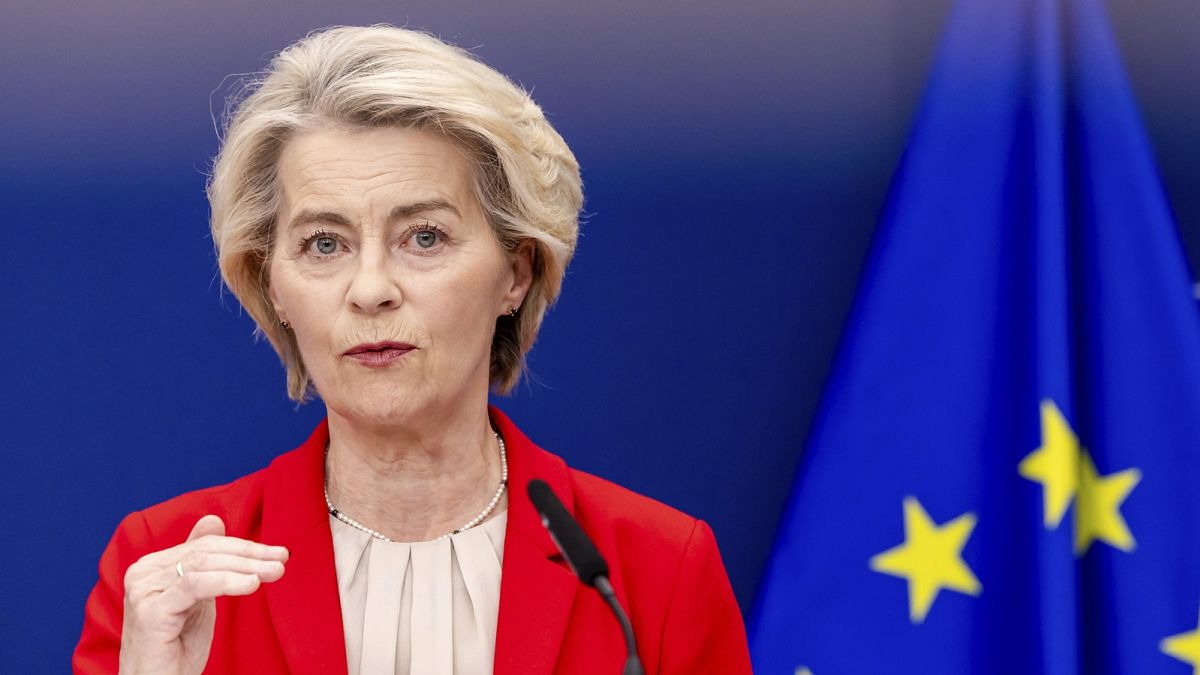

In an interconnected world, global political and social dynamics often lead to crucial discussions about human rights, policy decisions, and the role of leadership. These discussions have recently unfolded across various countries and continents, providing a rich tapestry of change and progress.
In Hungary, European Commission President Ursula von der Leyen has taken a firm stand in support of the LGBTIQ+ community. In a heartfelt video message, von der Leyen called for the lifting of a controversial ban on the Budapest Pride. Her message resonates not only as an ally to the LGBTIQ+ community in Hungary but also as a broader symbol of support towards equality. “To the LGBTIQ+ community in Hungary and beyond: I will always be your ally,” von der Leyen affirmed. This stance symbolizes a clear commitment to advancing human rights across Europe, emphasizing inclusivity and respect for diversity.
Simultaneously, in Costa Rica, the judicial system has taken a significant step towards upholding the rights of migrants. A court ordered the release of approximately 200 foreign migrants, including 80 children from countries such as Afghanistan, Iran, and Russia, who were detained after being deported under an agreement with the United States during Donald Trump’s administration. The Costa Rican court’s decision aligns with increasing global advocacy for the humane treatment of migrants and highlights the crucial role of judiciary systems in safeguarding human rights. This development comes at a time of growing scrutiny and dialogue on international migration policies and practices.
Meanwhile, in the United States, a legal ruling has commanded the return of Jordin Melgar-Salmeron, who was wrongfully deported to El Salvador, despite a court order barring his removal. The appeals court’s decision demonstrates judicial insistence on compliance with legal protocols and a firm commitment to individual rights. The court also requires the government to disclose Melgar-Salmeron’s custodial status, illustrating accountability in immigration practices and respect for judicial authority.
Across the Atlantic in the United Kingdom, internal political dynamics are at play within the Labour Party as over 120 MPs prepare to challenge the government on welfare reforms. There is significant focus on how the government collaborates with businesses, with Keir Starmer emphasizing the importance of recognizing the distinct roles of government and business. This perspective suggests an effort to balance policy effectiveness with socio-economic interests, highlighting the importance of cooperative governance.
These developments collectively illustrate a broader narrative of commitment to human rights, judicial integrity, and political accountability across different global landscapes. Each story reflects a facet of the ongoing journey towards greater equity and justice, encouraging thoughtful engagement and understanding in a world that continues to grapple with complex challenges and opportunities for positive change.
Source: {link}
